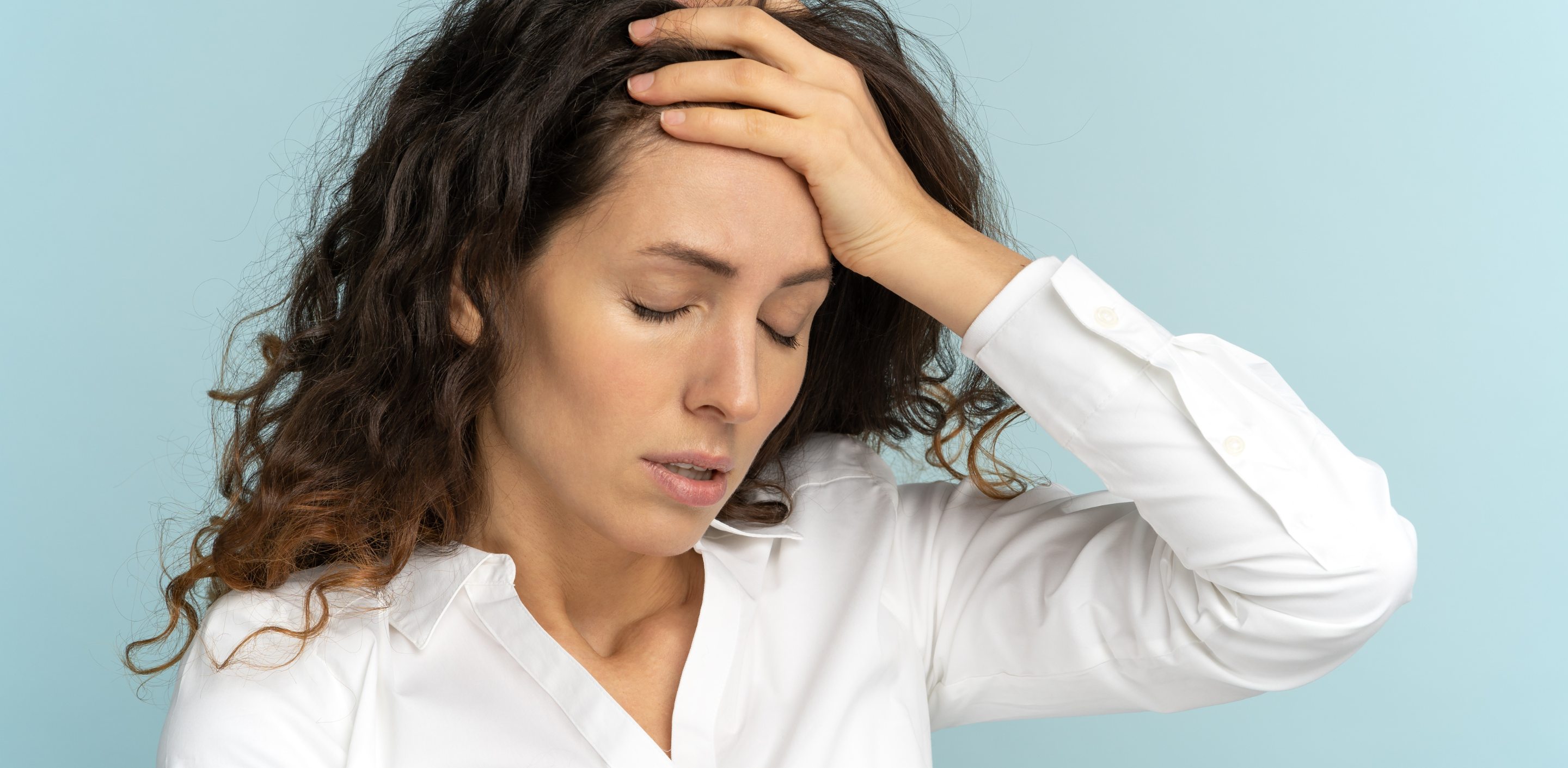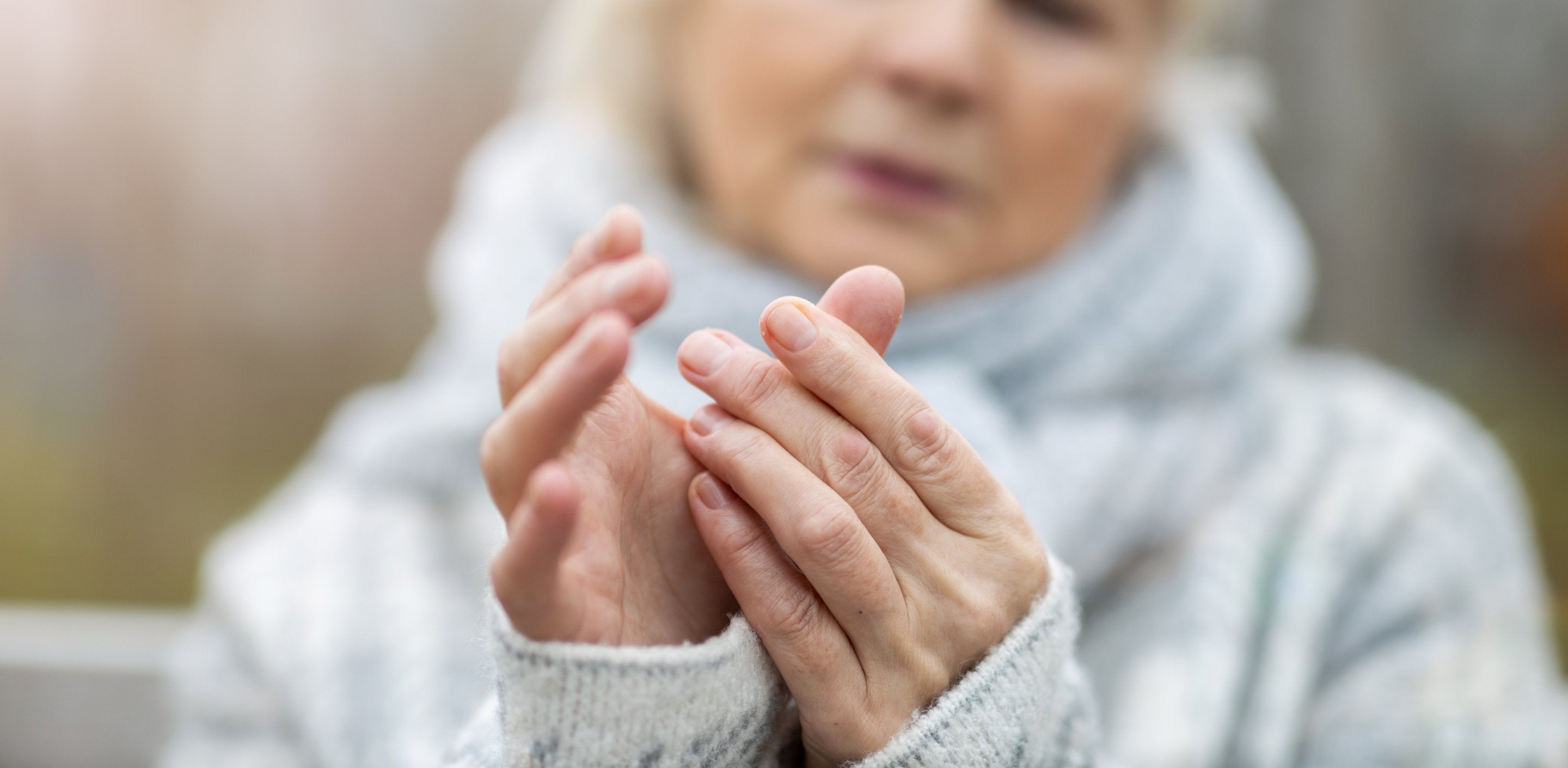Top 10 Tips for Sleeping Better during Menopause

Menopause is a natural part of a woman's life, but it can also be a challenging time. Sleep disturbances are one of the most common symptoms of menopause, affecting up to 61% of women in Ireland. Poor sleep can lead to a range of health problems, including mood swings, anxiety, depression, and fatigue. If you're struggling with menopause sleep problems, you're not alone. In this article, we'll share our top 10 tips for sleeping better during the menopause.
1. Exercise regularly: Exercise can help reduce stress and anxiety, two common triggers of

menopausal sleep problems. Aim for at least 30 minutes of moderate-intensity exercise most days of the week. Walking, cycling, and swimming are all great options.
2. Establish a bedtime routine: Going to bed and waking up at the same time each day can help regulate your body's natural sleep-wake cycle. Create a relaxing bedtime routine, such as taking a warm bath, reading a book, or practicing gentle yoga or meditation.
3. Create a sleep-friendly environment: Make sure your bedroom is cool, dark, and quiet. Invest in comfortable bedding, including a supportive mattress and pillows. Consider using bamboo sheets, which are naturally moisture-wicking and breathable, helping to regulate your body temperature and keep you cool at night.
4. Try menopause sleep supplements: Natural supplements such as valerian root, magnesium, and melatonin can help promote relaxation and sleep. Look for menopause supplements with a high-quality formula designed specifically for women going through menopause, we recommend checking with your local pharmacist.
5. Use a magnetic bracelet: Our 4in1 magnetic bracelets can help release serotonin, reducing pain and inflammation and promoting relaxation for a better night's sleep. The elements in the back of the bracelet can also help improve circulation and reduce stress.
6. Eat a balanced diet: A healthy diet can help reduce menopause symptoms and improve sleep quality. Focus on whole foods, including plenty of fruits, vegetables, whole grains, and lean protein. Avoid spicy, fatty, or acidic foods, which can trigger hot flushes and night sweats.
7. Limit caffeine and alcohol: Caffeine and alcohol can disrupt your sleep, making it harder to fall and stay asleep. Try to limit your intake or avoid them altogether, especially in the evening.
8. Manage stress: Stress can trigger menopause sleep problems, so it's important to find ways to manage it. Try meditation, deep breathing, or mindfulness exercises. Consider talking to a therapist or counsellor if you're feeling overwhelmed.
9. Consider hormone replacement therapy: Hormone replacement therapy (HRT) can help alleviate menopause symptoms, including sleep disturbances. Talk to your doctor to see if it's a safe and appropriate option for you.
10. Use a sleep mask: A bamboo sleep mask can help block out light and create a peaceful

sleeping environment. It's a simple but effective way to improve sleep quality and quantity.
Menopause is a natural transition, but it doesn't have to mean poor sleep quality. By implementing these tips and investing in menopause sleep solutions like our 4in1 magnetic bracelets and bamboo sheets, you can get the restful sleep you need to feel your best.
Don't let menopause sleep problems keep you up at night - take charge of your sleep and your health.












